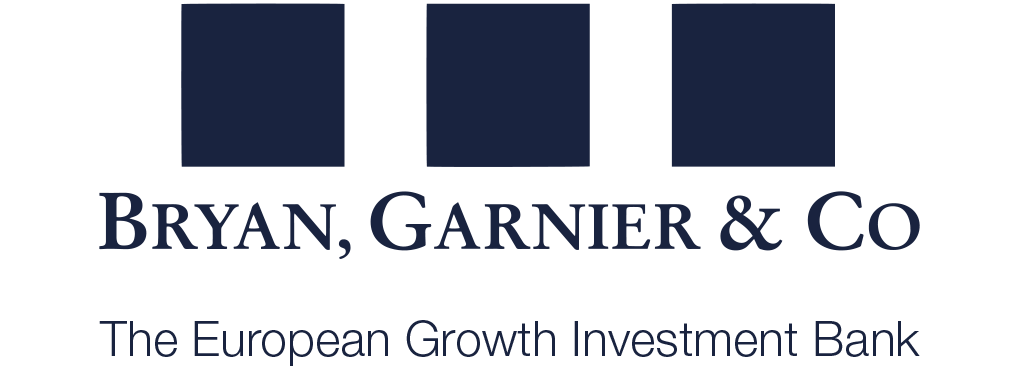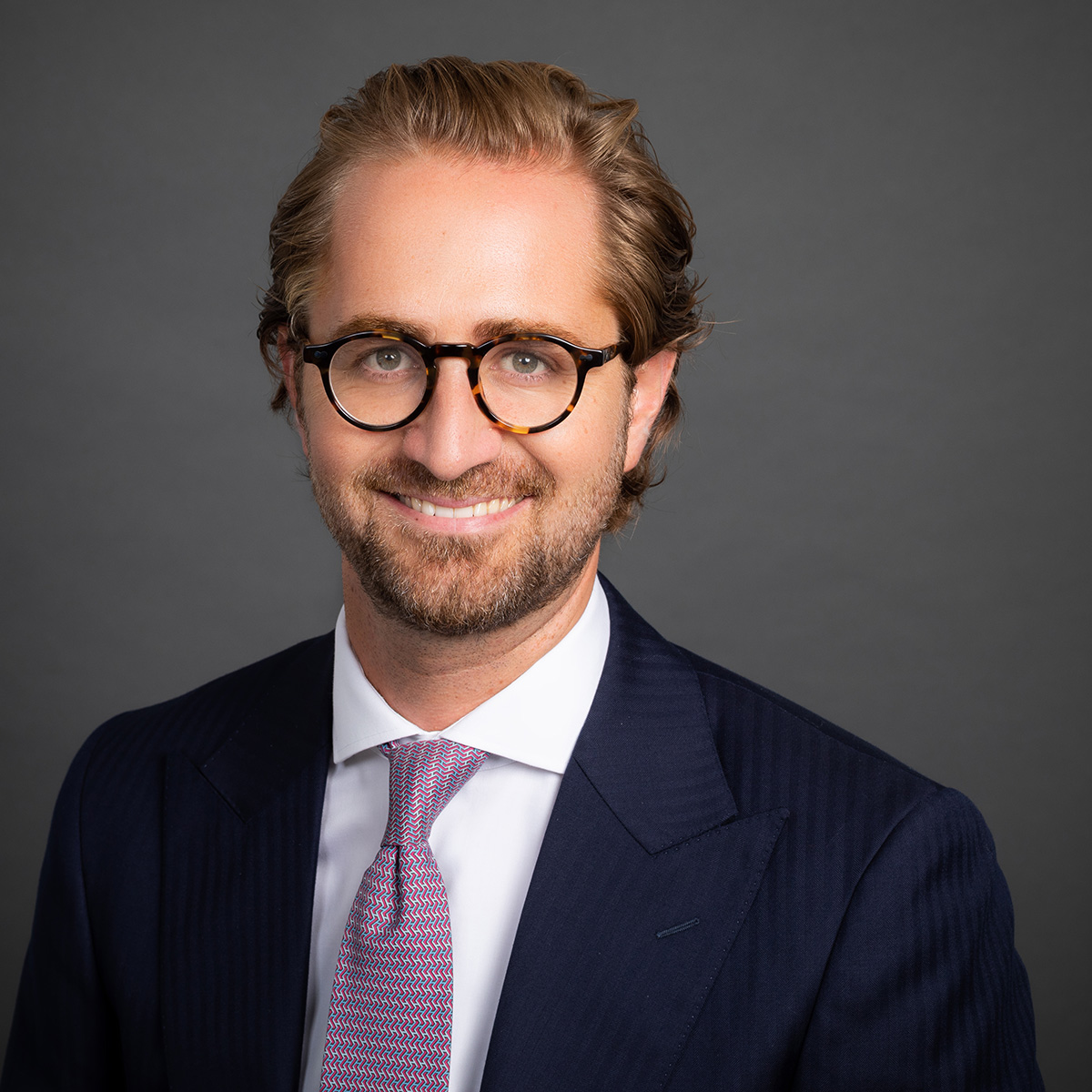We sat down with Paul de Mestier, Partner at Bryan Garnier, to learn more about his career path in healthcare investment banking.
Can you tell us about your career background and how you got into healthcare?
I started as a Healthcare Analyst at ABN AMRO before transitioning to a Healthcare Relationship Manager role at the affiliated Neuflize OBC bank. Before joining Bryan Garnier, I worked as an Associate Director for M&A Healthcare at Philippe Hottinguer Finance.
Throughout my career, I’ve aimed to build long-term relationships and deepen my expertise in the sector, covering various subsectors such as pharma, Medtech, and services. This focus has helped me gain a thorough understanding of the sector’s ecosystem, which is crucial when working with entrepreneurs who are looking for knowledgeable advisors.
Why did you choose M&A for your career?
Advising clients on significant strategic decisions and contributing to their growth and success both intellectually stimulating and highly satisfying. I believe that the most fulfilling part is building and maintaining a strong relationship with clients and becoming a trusted advisor.
I enjoy working with founder-owned or family-owned companies because the advisory role feels impactful. Advising entrepreneurs involves addressing fundamental business strategy and economic questions to help them find the best path for their company’s growth.
I enjoy working with founder-owned or family-owned companies because the advisory role feels more impactful.
What was the dynamic of Bryan Garnier Healthcare team when you arrived?
When I arrived at Bryan Garnier, we were boosting the M&A activity within the Healthcare practice, that was mainly known for its successful ECM deals including BioNTech, Moderna, and Valneva. We’ve since established ourselves in this vertical and expanded our reach to include Germany, the Nordics, the UK, and the US. We handle M&A, ECM, and private placements, and we can confidently say that we have significantly increased our footprint.
What initiatives have you launched since joining Bryan Garnier?
One of my key initiatives has been empowering junior team members by guiding them in identifying and contacting the right people. We identify and reach out to every relevant player, attend specialised fairs across Europe, and build deep relationships within our target subsectors. I also spent a lot of time developing a healthcare services practice and stepping up our M&A efforts alongside Hervé Ronin.
We are currently creating an ecosystem for healthcare companies to foster business development, have direct outreach and team collaboration.
What has been one of the most memorable deals you’ve worked on?
One standout deal was with CMN, a company owned by doctors with no business strategy or financial background. We presented them different options and found a strategic investor who was a great fit to help them grow. This deal was particularly challenging because the nuclear medicine sector is fragmented and not well understood by financial investors in France. We managed to secure a company valuation at a much higher multiple than the market average, using a comprehensive approach and crafting a strong pitch to investors.
What advice would you give to junior bankers?
Be curious, master your fundamentals early on and if possible, try to be sector specialised. Understanding the intricacies of a sector will make you more relevant in conversations with decision makers. Also, don’t be afraid to make cold calls and reach out to potential clients. Building relationships and showing initiative are crucial for development in this field, as this not only builds credibility but also leads to more meaningful and successful collaborations.
What would you tell your 25-year-old self?
Again: Learn the basics thoroughly and early on. My path was unconventional, and I had to pick up fundamentals later in my career, making the initial stages especially intense. Taking the time to master the technical aspects early on can make things easier down the line.
Understanding the intricacies of a sector will make you more relevant in conversations with decision makers.

